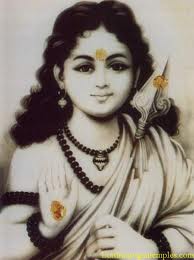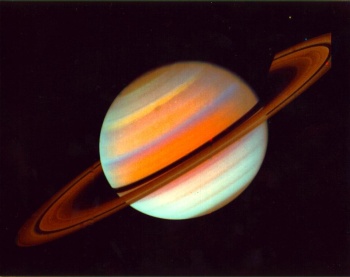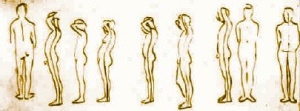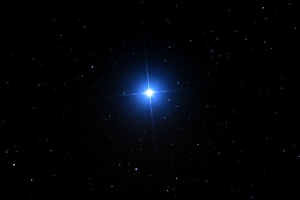
The Planet Mars – sometimes known in Vedic Astrology as Mangala or Kuja, is son of the Earth, and is a focus of energy or shakti of the Earth. Mars is said to be of a fiery nature, and has the Vedic fire god Agni as its ruling deity. The mythological tales of the Puranas gives the son of Lord Shiva, Karthikeya (also known as Skanda, Murugan, Subramaniam) as the deity behind Planet Mars. What then is the purpose of these deities and how do they contribute to the light and energies that emanate from Mars?
![]()



